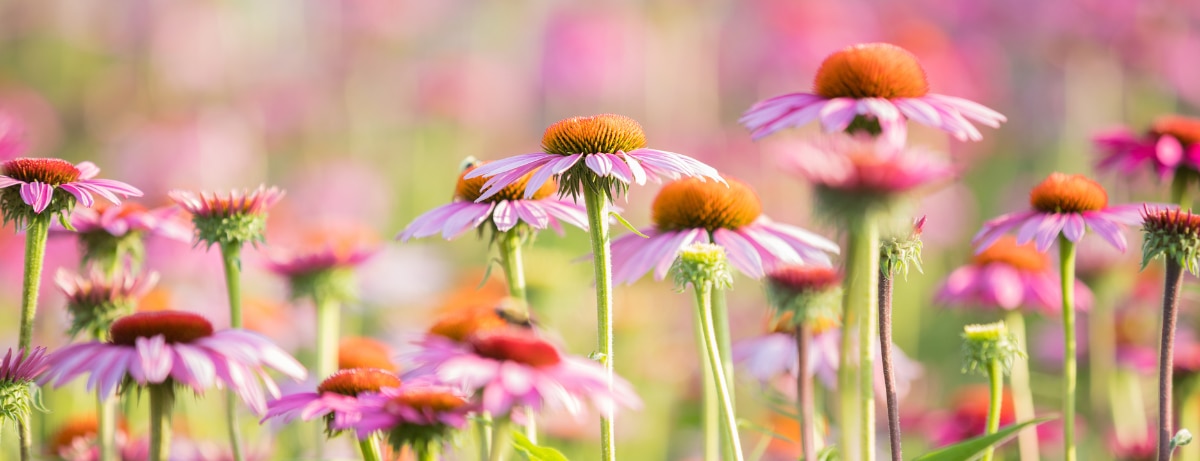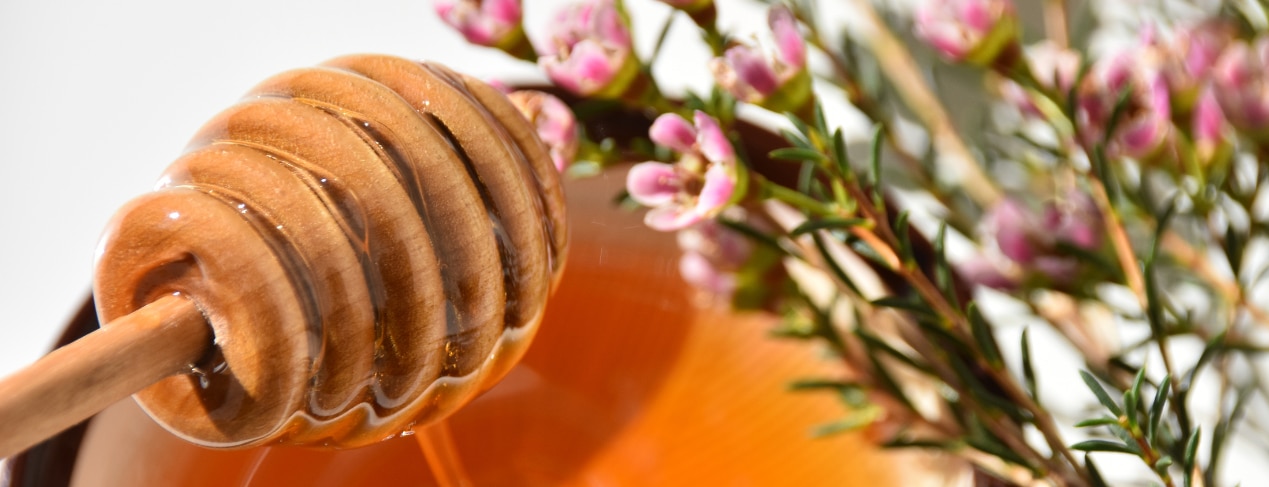20% off €40
Code:OFFER
A guide to allergies

If you have hay fever, asthma or another allergy, you’re one of 21 million in the UK – and numbers are on the rise. Here's our helpful allergy guide.
If you have hay fever, asthma or another allergy, you’re one of 21 million in the UK – and numbers are on the rise. We've pulled together a helpful allergy guide for you.
What is an allergy?
Allergies are caused by your immune system overreacting to substances that are normally harmless, such as pollen, dust mites, mould and pet dander. Your body responds to these allergens by releasing chemicals, including histamines. It’s these chemicals that cause common allergy symptoms such as sneezing or itchy eyes.The most common allergies
Some common allergies include:- Hay fever: an allergy to grass or tree pollens, which causes symptoms including sneezing, a runny nose and itchy eyes.
- Asthma: a narrowing of the airways that occurs when certain chemicals are released in the body, often in response to allergens. Typical triggers can include the droppings from house dust mite, mould and pet dander, while other substances, including cigarette smoke, aerosol sprays and paint fumes, can make existing symptoms worse.
- Allergic rhinitis: about 12 million people have 'indoor allergies', triggered by allergens in the home or workplace, such as house dust mite droppings in the carpets, mould spores in plants or even pet dander on colleagues' clothes. Symptoms include a blocked nose, sinusitis and snoring.
- Food allergies: the body mistakes a substance in food for something harmful and releases histamines and other substances in response to it. Symptoms depend on where in the body the substances are released, but can include wheezing and coughing, skin rashes, tummy pain or sneezing and running eyes, within a few minutes of eating the food. The most common food allergens include nuts, eggs, dairy products, shellfish, soya, and fruits such as citrus and kiwi.
Help for allergies
Tackle indoor allergens
Leaving your duvet pulled back during the day allows your bedding to dry out, which may help reduce dust mites. Dust and vacuum daily, wash bed linen weekly at 60ºC to kill dust mites, and open windows to reduce condensation and mould. As asthma can be aggravated by certain chemicals, choose natural skin care and household cleaning products.Sip green tea
A 2012 study found that the compound ECGC, found in green tea, can block cells from releasing histamines in response to pollen, dust mites, and dander.Block pollen
Protect your nose and eyes from pollen by wearing wraparound sunglasses, smearing petroleum jelly on your eyelids and inside nostrils, and showering in the evening to rinse off pollen before you get into bed.Eat more oranges
Vitamin C - found in oranges - and flavonoids, such as quercetin, have been found by some practitioners to help with allergy symptoms.About food intolerance
Food intolerances are much more common than food allergies. Intolerances happen when you are hypersensitive to a food, such as gluten, because you lack an enzyme needed to digest it. Intolerance is harder to pinpoint as symptoms are usually less severe, come on several hours after eating and last longer; symptoms can include irritable bowel syndrome, migraines and bloating. Commonly, people are intolerant to dairy products and gluten, so choosing dairy-free and gluten-free alternatives may help. Was that helpful? Get more info on allergies and intolerances in our advice guides. Shop our Vitamins & Supplements range.This article has been adapted from longer features appearing in Healthy, the Holland & Barrett magazine. Advice is for information only and should not replace medical care. Please check with your GP before trying any remedies.



